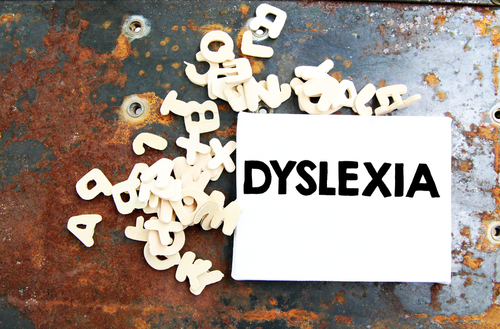
 Dyslexia is a learning disorder that affects your ability to speak, read, spell and write. Kids with dyslexia are often smart and hardworking, but they have trouble connecting the letters they see to the sounds those letters make.
Dyslexia is a learning disorder that affects your ability to speak, read, spell and write. Kids with dyslexia are often smart and hardworking, but they have trouble connecting the letters they see to the sounds those letters make.
About 10% of children have some symptoms of dyslexia, such as slow reading, trouble spelling, or mixing up words.
Dyslexia is different for everyone. Some people have a mild form that they eventually learn how to manage. Others have more trouble overcoming it.
Research has revealed a dramatic link between the abnormal development of spoken language and learning disabilities such as dyslexia. The following are just a few examples:
- A study by Dr. Renate Valtin of Germany, based on one hundred pairs of dyslexic and normal children, found indications of backwardness in speech development and a greater frequency of speech disturbances among dyslexics than among normal children.
. - According to Dr. Beve Hornsby, author of Overcoming Dyslexia, about 60 percent of dyslexics were late talkers.
. - In her book Learning Disabilities: Theories, Diagnosis, and Teaching Strategies author Janet Lerner states, ‘language problems of one form or another are the underlying basis for many learning disabilities. Oral language disorders include poor phonological awareness, delayed speech, disorders of grammar or syntax, deficiencies in vocabulary acquisition, and poor understanding of oral language.’
.
In most cases, a baby should be able to understand simple words and commands from the age of nine months. From around a year he should be saying his first words. By two he should have a vocabulary of up to 200 words, and be using simple two-word phrases such as ‘drink milk’. By three he should have a vocabulary of up to 900 words and be using full sentences with no words omitted. He may still mix up his consonants but his speech should be comprehensible to strangers. By four, he should be fully able to talk, although he may still make grammatical errors.
If a child talks immaturely, or still makes unexpected grammatical errors in his speech when he is five years old, this should alert the parents to probable later reading problems. The parents should immediately take steps to improve the child’s language.






Leave a Reply